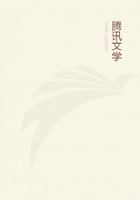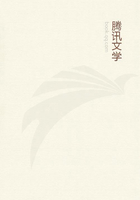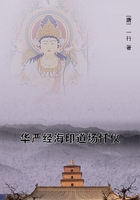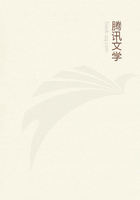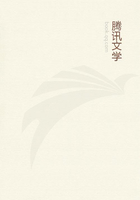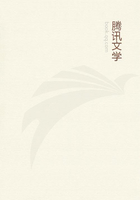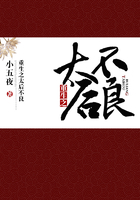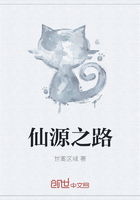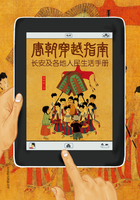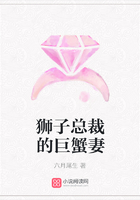A strange moral transformation has within the past century swept over our Western world. We no longer think that we are called on to face physical pain with equanimity. It is not expected of a man that he should either endure it or inflict much of it, and to listen to the recital of cases of it makes our flesh creep morally as well as physically. The way in which our ancestors looked upon pain as an eternal ingredient of the world's order, and both caused and suffered it as a matter-of-course portion of their day's work, fills us with amazement. We wonder that any human beings could have been so callous. The result of this historic alteration is that even in the Mother Church herself, where ascetic discipline has such a fixed traditional prestige as a factor of merit, it has largely come into desuetude, if not discredit. A believer who flagellates or "macerates" himself today arouses more wonder and fear than emulation. Many Catholic writers who admit that the times have changed in this respect do so resignedly; and even add that perhaps it is as well not to waste feelings in regretting the matter, for to return to the heroic corporeal discipline of ancient days might be an extravagance.
Where to seek the easy and the pleasant seems instinctive --and instinctive it appears to be in man; any deliberate tendency to pursue the hard and painful as such and for their own sakes might well strike one as purely abnormal. Nevertheless, in moderate degrees it is natural and even usual to human nature to court the arduous. It is only the extreme manifestations of the tendency that can be regarded as a paradox.
The psychological reasons for this lie near the surface. When we drop abstractions and take what we call our will in the act, we see that it is a very complex function. It involves both stimulations and inhibitions; it follows generalized habits; it is escorted by reflective criticisms; and it leaves a good or a bad taste of itself behind, according to the manner of the performance. The result is that, quite apart from the immediate pleasure which any sensible experience may give us, our own general moral attitude in procuring or undergoing the experience brings with it a secondary satisfaction or distaste. Some men and women, indeed, there are who can live on smiles and the word "yes" forever. But for others (indeed for most), this is too tepid and relaxed a moral climate. Passive happiness is slack and insipid, and soon grows mawkish and intolerable. Some austerity and wintry negativity, some roughness, danger, stringency, and effort, some "no! no!" must be mixed in, to produce the sense of an existence with character and texture and power. The range of individual differences in this respect is enormous; but whatever the mixture of yeses and noes may be, the person is infallibly aware when he has struck it in the right proportion FOR HIM. This, he feels, is my proper vocation, this is the OPTIMUM, the law, the life for me to live. Here I find the degree of equilibrium, safety, calm, and leisure which I need, or here I find the challenge, passion, fight, and hardship without which my soul's energy expires.
Every individual soul, in short, like every individual machine or organism, has its own best conditions of efficiency. A given machine will run best under a certain steam-pressure, a certain amperage; an organism under a certain diet, weight, or exercise.
You seem to do best, I heard a doctor say to a patient, at about 140 millimeters of arterial tension. And it is just so with our sundry souls: some are happiest in calm weather; some need the sense of tension, of strong volition, to make them feel alive and well. For these latter souls, whatever is gained from day to day must be paid for by sacrifice and inhibition, or else it comes too cheap and has no zest.
Now when characters of this latter sort become religious, they are apt to turn the edge of their need of effort and negativity against their natural self; and the ascetic life gets evolved as a consequence.
When Professor Tyndall in one of his lectures tells us that Thomas Carlyle put him into his bath-tub every morning of a freezing Berlin winter, he proclaimed one of the lowest grades of asceticism. Even without Carlyle, most of us find it necessary to our soul's health to start the day with a rather cool immersion. A little farther along the scale we get such statements as this, from one of my correspondents, an agnostic:--
"Often at night in my warm bed I would feel ashamed to depend so on the warmth, and whenever the thought would come over me I would have to get up, no matter what time of night it was, and stand for a minute in the cold, just so as to prove my manhood."
Such cases as these belong simply to our head 1. In the next case we probably have a mixture of heads 2 and 3-- the asceticism becomes far more systematic and pronounced. The writer is a Protestant, whose sense of moral energy could doubtless be gratified on no lower terms, and I take his case from Starbuck's manuscript collection.
"I practiced fasting and mortification of the flesh. I secretly made burlap shirts, and put the burrs next the skin, and wore pebbles in my shoes. I would spend nights flat on my back on the floor without any covering."
The Roman Church has organized and codified all this sort of thing, and given it a market-value in the shape of "merit."
But we see the cultivation of hardship cropping out under every sky and in every faith, as a spontaneous need of character. Thus we read of Channing, when first settled as a Unitarian minister, that--

